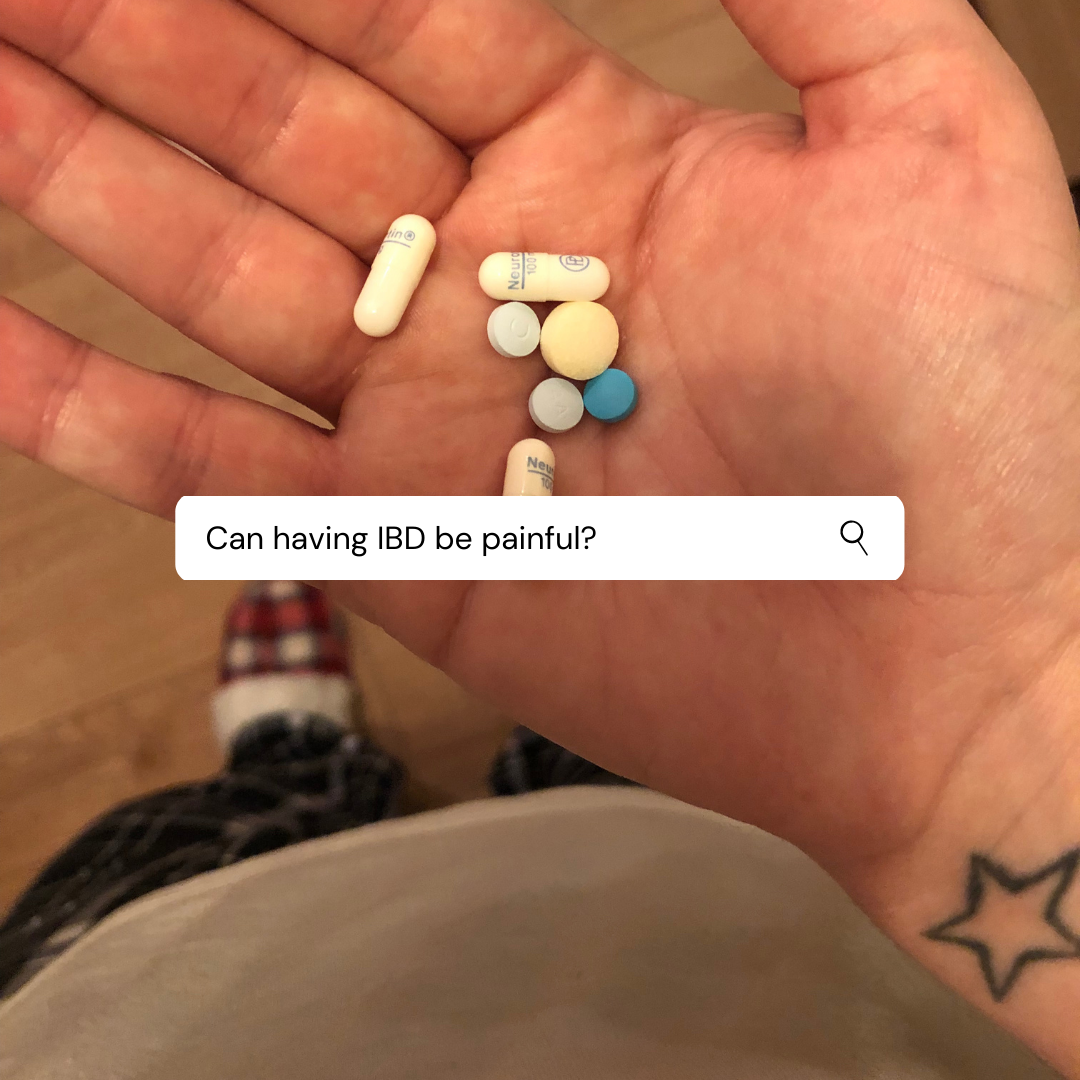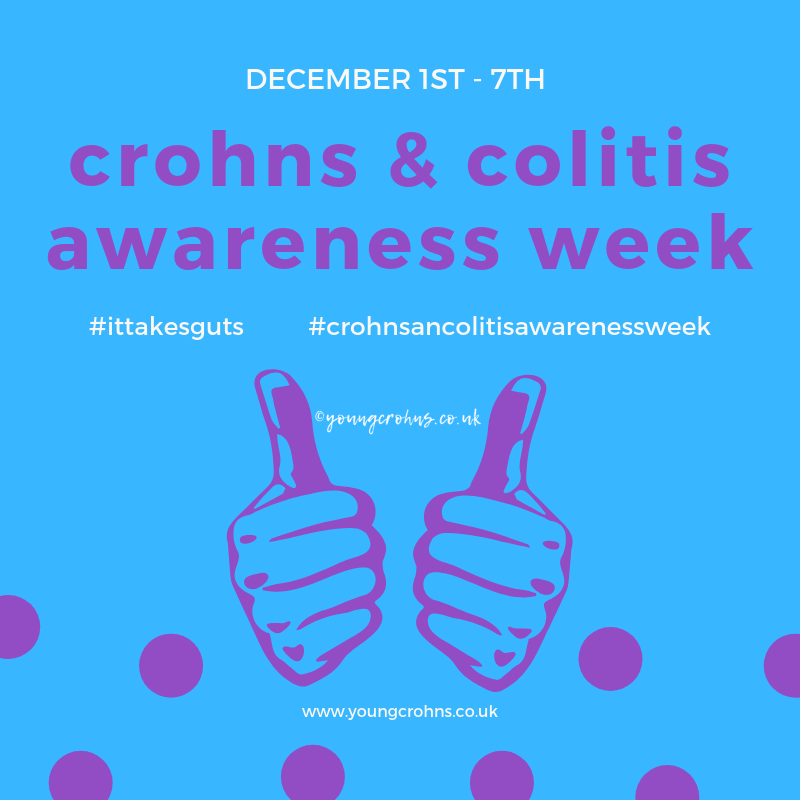
“Can having IBD be painful?”
Remember having a stomach ache as a kid. You thought it would never end and you couldn’t wait to return to eating food again.
Now remember the last time you ate something and you felt a little off. Your stomach felt unsettled and you couldn’t figure out what was going to help or what was going to hurt you more. You felt nauseous and exhausted, as well as incredibly thirsty. Nothing sounded appetising or felt it would help. So you went without until your body told your brain it felt well enough to keep food down.
At times, IBD can feel that way too, which is why it is so easily suggested that IBD is “just a stomach bug” or is “very similar to IBS”.
Like with anything, pain can be a common occurrence within an illness. Even within a short term illness such as a stomach bug, food poisoning or just an upset stomach; because the pain usually subsides after the illness has run its course. But when it comes to long term conditions, especially ones in which multiple sites on the body can become symptomatic, pain is a good indication of something being very wrong.
Within IBD, there can be different types of pain. All of which are important to note.
ACUTE PAIN
Usually, this comes on suddenly and is swift in letting you know what is wrong. There is no ‘slow burn’ with this, it is acute. It can be from an intestinal blockage, a stomal blockage, swelling of joints, inflammation of the eyes, the breakdown of the skin.
ON GOING PAIN
This is pain which builds over a period of time; usually days. This can be the result of an impending flare-up, the continuation of one, medications failing to fulfil their required purpose in your body, a reaction to a medication or topical treatment.
Patients with IBD however, sometimes sadly get used to pain. This is what I’d also consider ongoing pain because it is something we are used to feeling when we function on a daily basis. However, ongoing pain should not become normal for you. Pain is your body’s response to a stimulus that is negatively impacting your functionality. While some of this pain can be contributed to ‘waiting’ for scans, procedures, consults and results, despite that, pain should always be resolved as best it can.
SEVERE PAIN
I’d classify this as pain which impacts greatly on day-to-day activities and functionality. This can include, interfering with sleeping, eating, showering and communicating. Pain should not render you unable to move or speak, so that is a big red flag. Severe pain should always be investigated or reported to a healthcare professional as soon as possible and treated.
SURGICAL PAIN
This related to pain which occurs following surgery. From incisions, drainage sites to internal bruising and swelling; surgical pain can become a part of an IBD patients life from time to time. It is usually well managed by PCAs (patient-controlled analgesia) and epidurals which are part of the surgical teams remit. Typically, after surgery, pain is to be expected and is well controlled with strong pain relief, but is weaned down in the days that follow surgery, when the patient is mobile and able to tolerate soft diet once more. Surgical pain will continue to diminish once discharged and should not get worse or remain at a consistent level postoperatively; something which should be reported to the surgical team.

Yes, IBD can be painful at times. The aim of most treatment plans are for remission – in whatever form or state that might take for the individual patient – but I make a point of ‘being pain free’ within my realm of remission too. For me, this means not having to take daily pain relief, of which I don’t currently do and haven’t done since mid 2019.
Would you agree with my statement? Has your IBD been dismissed when ‘pain’ is discussed?
Until next time,

Do you have any questions or queries? Or just want to share your own experiences? You can leave me a reply here or leave comments via my social media accounts – on Twitter, find my blog page on Facebook and over on Instagram
If you enjoyed this post check out Pain: When does Acute turn into Chronic? and Flare up Management



